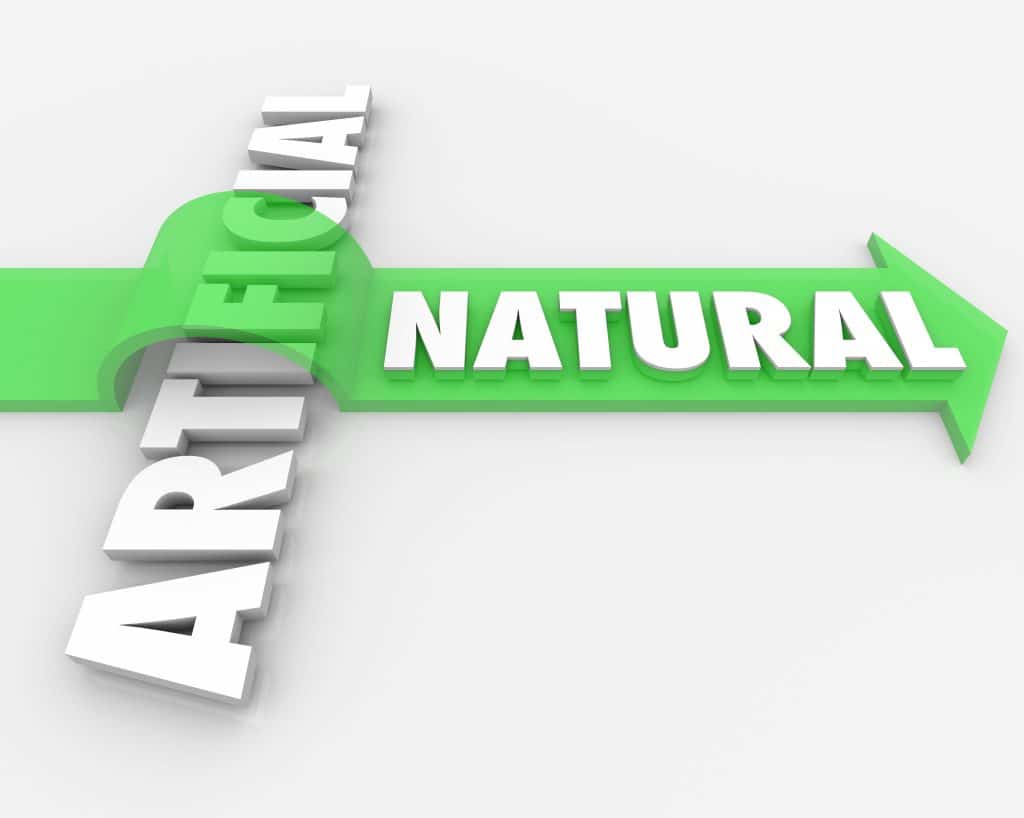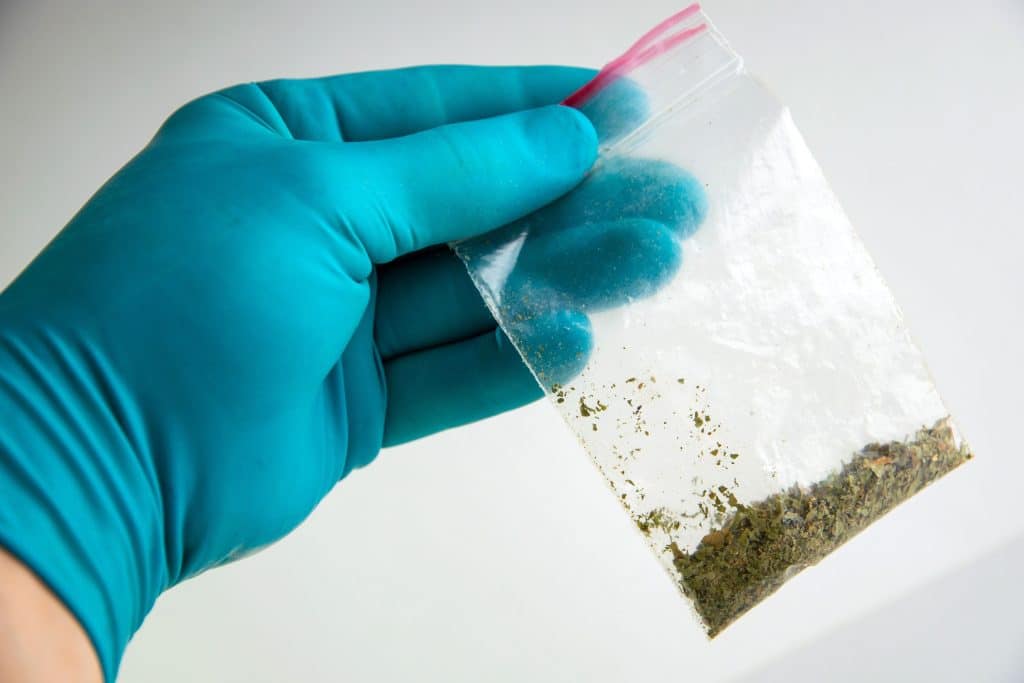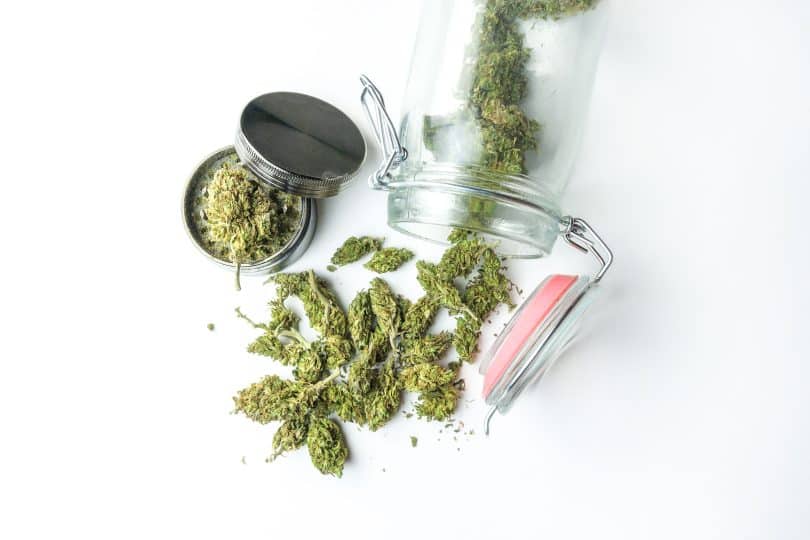Okay, so for most people this is common sense. However, in a world without real sales market data from the cannabinoid industry, and patchy info on the cannabis industry at large, we rely a lot on speculation. A new study, however, makes clear a certain point, even if it wasn’t the intended point. By measuring issues with synthetic cannabinoids, this study found that real cannabis products are more popular than synthetics. Read on to find out why.
A recent study highlights how real cannabis products are more popular than synthetics for consumers, as evidenced by rates of issues with synthetics in hospitals across states. Cannadelics is an independent publication offering coverage of the cannabis and psychedelics fields, complete with the Cannadelics Weekly Newsletter for regular updates on important events. Subscribe today and also gain access to tons of products like vapes, edibles, and cannabinoid compounds including the seemingly-everywhere Delta 8 & HHC. Head to our ‘best of’ lists for product deals, and make sure to pick the products you’re totally comfortable using.
What are cannabis synthetics?
We all know what the cannabis plant is. And most of us are aware that compounds like THC and CBD can be directly extracted from the plant. Whether thinking of the plant as a whole, or the cannabinoids directly taken from it, these constitute the natural version. The term ‘synthetic’ in the drugs industry, means a drug that’s made by a human using component parts, rather than coming from nature. A synthetic compound won’t come out of the ground, however something that does come out of the ground, can also be made synthetically. In the world of cannabis it relates to synthetic cannabinoids like HHC and delta-10, as well as Spice, K2, and every government approved cannabis medicine.
While smear campaigns throw out terms like ‘Spice’ and ‘K2’, the very same governmental agencies pushing fear in those terms, also allow the sale of pharmaceutical cannabis synthetics like dronabinol and nabiximols. As synthetics means anything not directly from the plant, the term encompasses both the pharmaceutical version, and the street version.
The thing is, the ‘street’ versions are essentially the same, or similar-enough to the pharmaceutical versions. In fact, much of what is often complained about by the government, was actually made by the government, or comes from something made by the government. This includes the compounds like spice and K2, along with much of the cannabinoid market, which also represents synthetic compounds.

Now, the thing about this cannabinoids market, is that its an illegal market, which is unregulated, and which we already know falls prey to dirty tactics like using fake labs to show safety results, to keep consumers feeling safe about their purchases. And truth be told, while this is certainly a shady industry, the rate of actual death related to it, is small at best, and so far, never related – as in NOT ONCE – to the compounds themselves, as evidenced by this Australian study looking at an entire 18 years! Which makes the idea of the fear marketing around these compounds, weird, and nonsensical.
How dangerous are cannabis synthetics
If you read the previous paragraph, not dangerous at all. Pharmaceutical companies sell them every day, even in the US where cannabis is federally illegal for both recreational and medical purposes. Interesting, right? That not only does the US government demonize cannabis in general, but it actually allows under certain circumstances, not the plant itself, but synthetic versions of it.
This doesn’t mean all synthetics sold are created equally. Just because there are some totally cool versions, doesn’t mean they all are, especially in a black sales market. Though the reality is that even the less tested compounds really aren’t hurting anyone, people do get hurt by dirty products, particularly in the following two ways:
- Taking too much. Synthetics might be just fine, but like with cannabis in general, too much can be bad. Synthetics are often packaged like regular cannabis products, but often without the THC limits – sometimes there isn’t THC in them anyway. Especially for kids getting into edible candies, this can cause a problem. But it’s the same problem that exists with regular weed products, as well as all those household cleaners under the sink, the prescription medications in the bathroom, and even the Tylenol bought over the counter.
- The other issue is simply one of additives. Additives are anything used in a product for whatever reason, that aren’t the main compounds of action. When it comes to vape carts this can mean chemicals used to thin or thicken the oil, for flavoring, or as preservatives. For fake cannabis as a plant, it can mean pesticides, herbicides, or anything else sprayed on the random vegetation used. Plus, considering anyone selling a synthetic is unregulated by definition, anything can be in there. Even something like fentanyl, if desired.
People like to mess with products, and that’s the real issue of cannabis synthetics. I got sick once from smoking the weed-looking stuff which is actually just crushed foliage with something sprayed on it. Besides whatever the product maker put on it to cause a high, there could also have been fertilizer, rat poison, or insecticides on that foliage, and all those things, while having no relation to the synthetic compound, can certainly make a person sick.

Though it likes to spout out fear messages all the time, even the FDA technically concedes that all the 68 confirmed deaths related to vapes – like 68 from the inception of vaping until early 2020 (including 29 states and DC), were all really because of additives. This same concept was reiterated in a report by the UK, in which vaping was promoted as a way to stop people from smoking.
So yeah, there are reports of people getting hurt, but I have yet to see a death statistic specifically related to either regular cannabis, or the synthetic cannabis compounds, directly. As far as getting a little sick – well that happens with THC products, and is generally more related to ingesting too much. Something also relevant to all those prescription medications in the bathroom, and even the Tylenol which is bought over the counter. Incidentally, Tylenol causes approximately 56,000 emergency room visits, 2,600 hospitalizations, and 500 deaths a year, yet I don’t remember the last time I heard fear marketing from the government about using that product.
What study shows real cannabis products more popular than synthetics?
The purpose of the study wasn’t to establish if real cannabis products are more popular than synthetic products, but it established this information in the point it did make. The study is called Synthetic cannabinoid poisonings and access to the legal cannabis market: findings from US national poison centre data 2016–2019, and is meant to examine “trends in synthetic cannabinoid exposures reported to United States (US) poison control centres, and their association with status of state cannabis legalisation.”
How did they do this? With “Mixed-effects Poisson regression models” which “assessed synthetic exposures associated with legal status, first among all states using annual counts, and then among states that implemented permissive law alone using quarterly counts.” For this, they pulled data from the National Poison Data System (NPDS) for the years 2016-2019.
What did the study find? 7,600 reported exposures in the time frame investigated, with an overall decline through time. 64.8% of these required medical attention, and there were 61 deaths…though we already know they were unlikely directly related to cannabis compounds – synthetic or not.
States that had implemented medical cannabis laws had 13% fewer reported issues per year, while states that adopted more permissive policies during this time period saw a 37% lowered rate. As far as states that already had a permissive policy in place, there were 22% fewer reportings. Overall, states with retail markets, clocked in with 36% fewer issues than states without such policies.

Investigators concluded that “Adoption of permissive cannabis law was associated with significant reductions in reported synthetic cannabinoid exposures. More permissive cannabis law may have the unintended benefit of reducing both motivation and harms associated with use of synthetic cannabis products.”
What’s the other takeaway? Simply that the cannabinoid market itself (whether we’re talking about delta-8 THC or K2) relies on states being non-permissive. Given the chance, most people will choose the real thing over a synthetic product, making real cannabis more popular than its synthetic counterparts.
Conclusion
I don’t often speak well of the cannabinoid industry, because it is a dirty, shady place. But life is about comparisons, and compared to opioids, alcohol, and cigarettes, there’s so little issue with synthetic cannabinoids, that its hardly worth mentioning. On the other hand, with compounds like fentanyl finding themselves in tons of unwanted places, the unregulated aspect of the market could certainly pose problems.
For now – let’s be honest, bigger issues exist. And at least now we know that if the desire is to have synthetics fazed out, it’ll mean legalizing the actual plant, since real cannabis is more popular than synthetic cannabis.
Welcome to the site! We appreciate you stopping by Cannadelics.com, a top web news platform for fully-rounded coverage of the cannabis and psychedelics landscapes. Join us frequently to stay aware of everything going on in these industries, and check out the Cannadelics Weekly Newsletter, so you’re never late on getting a story.









